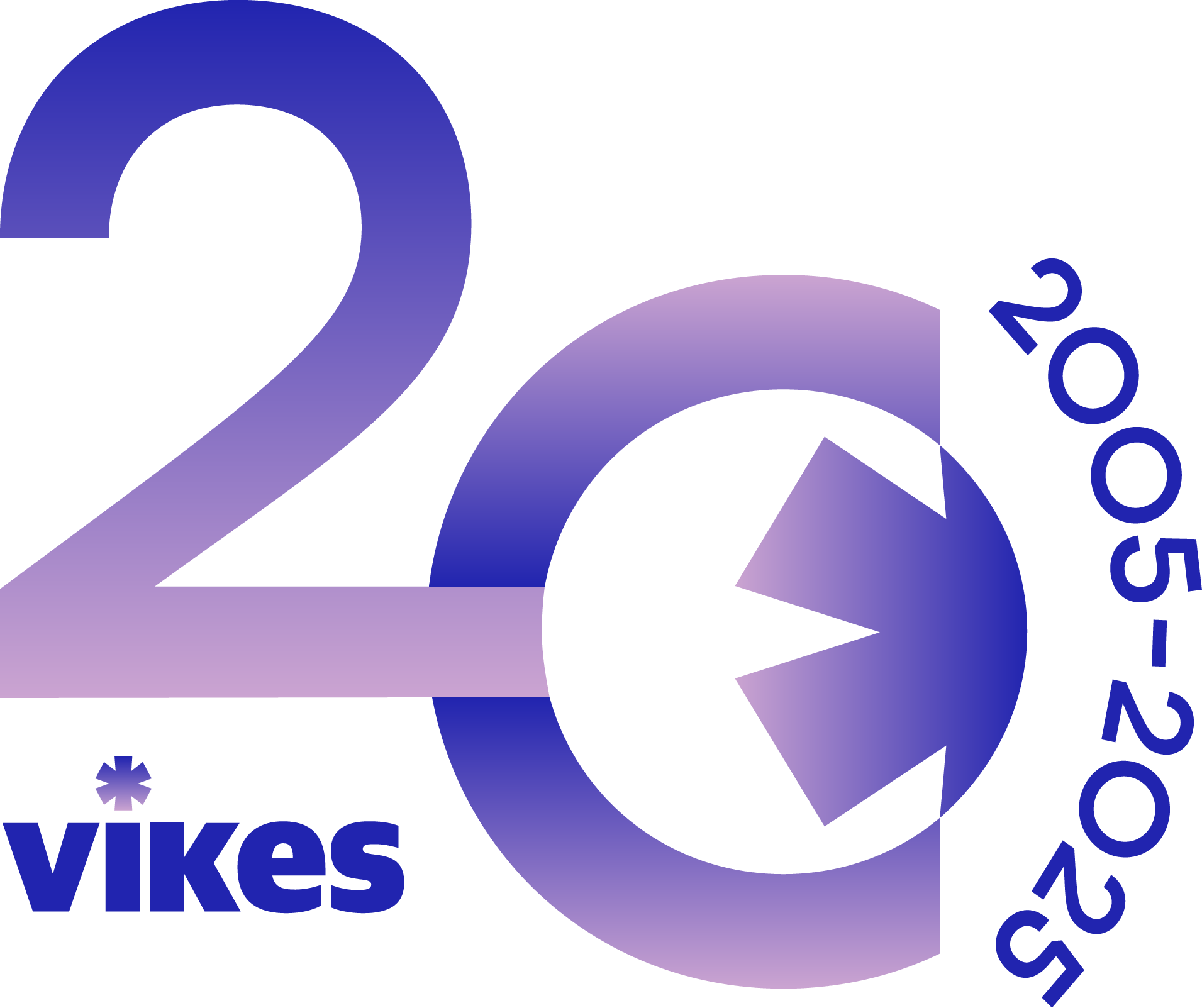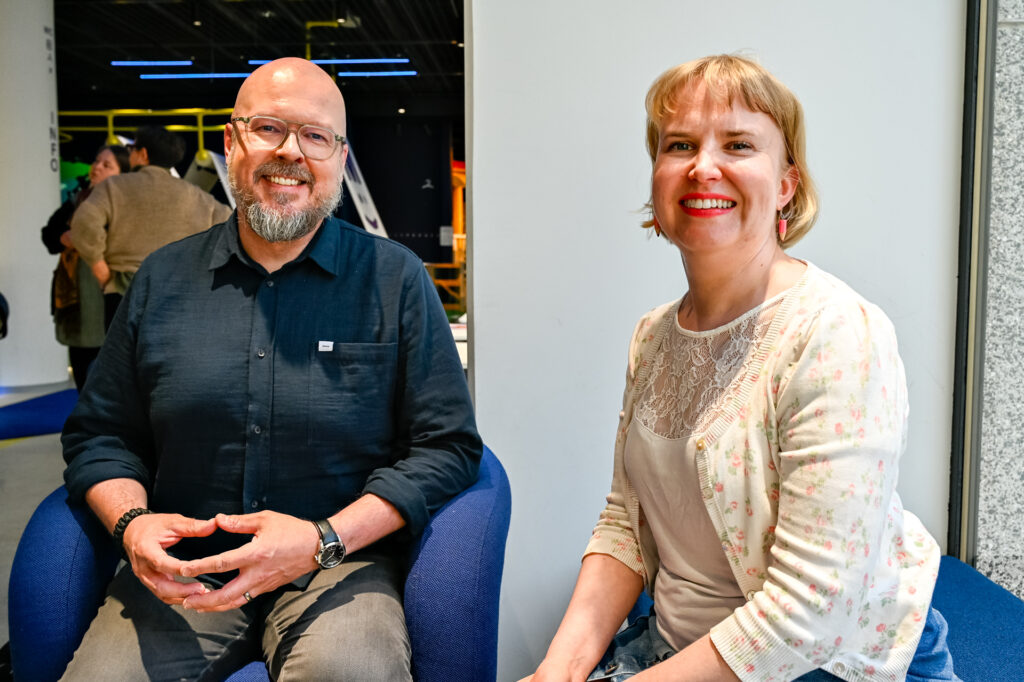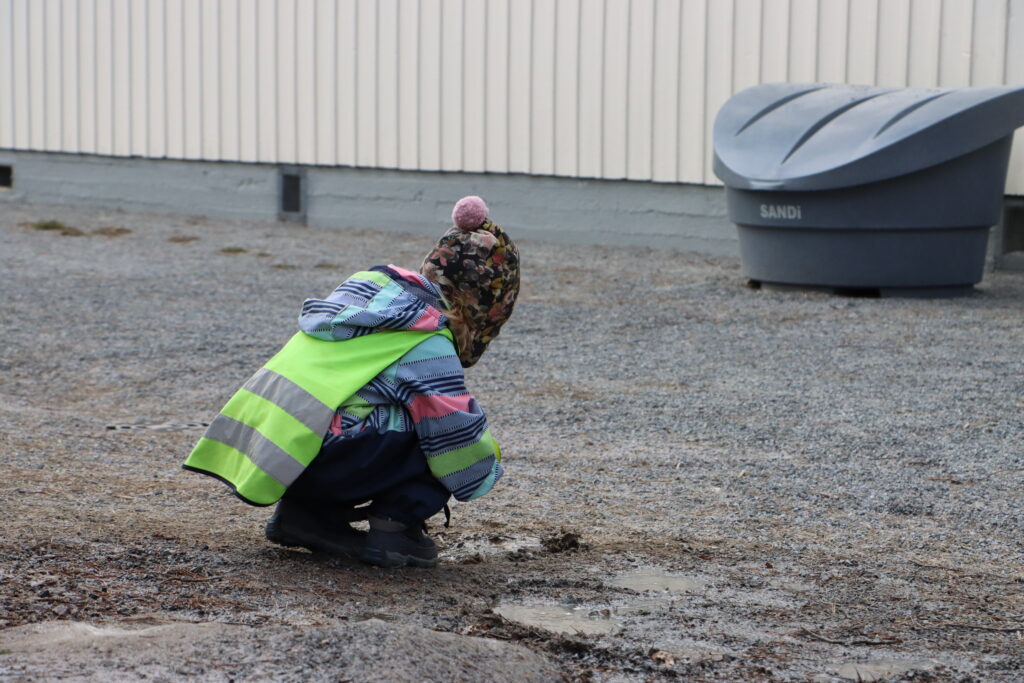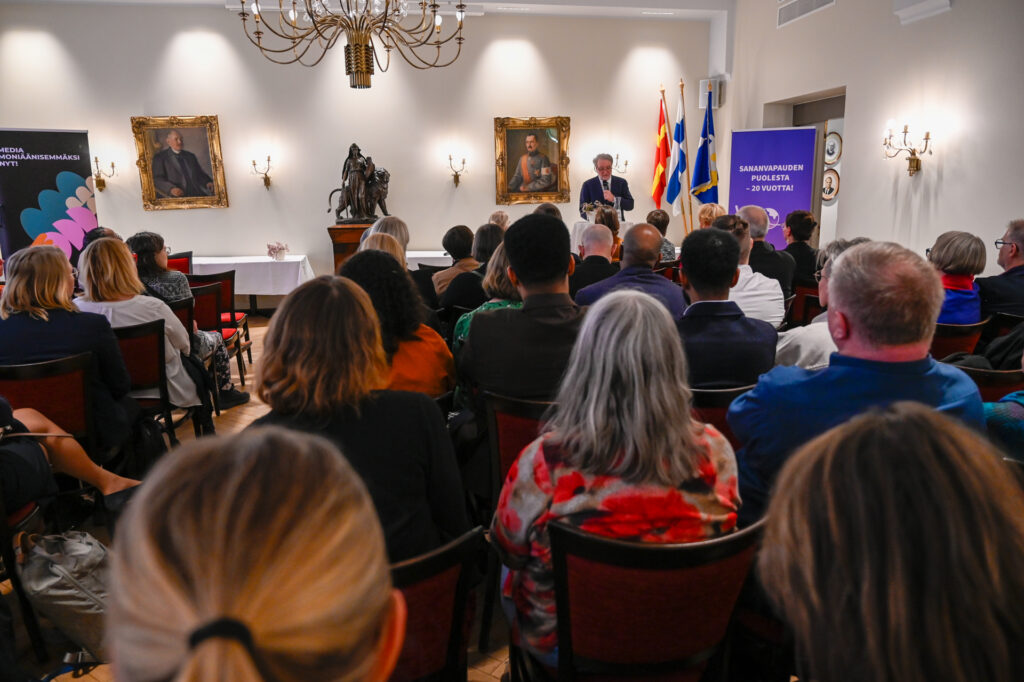This year’s Freedom of the Press Day seminar focused on social issues in the press.culture of debate polarisation of the debate and considered ways to confrontationand productive and productive development of journalists and politiciansand politicians from the perspective of.
In the first part of the conversation, you can hear what the main speakers, Colonel Aki-Mauri Huhtinen and media researcher Esa Reunanen, as well as the debaters, MP Jouni Ovaska and Vikes expert Wali Hash, had to say on today’s topic.
The Press Freedom Day seminar was opened by Kaius Niemi, President of Reporters Without Borders Finland, who said that Finland has held firmly to its fifth place in this year’s Press Freedom Index.
According to Kaius, the politically disruptive summer of 2023 had a negative impact on the index, and increased harassment and targeting of journalists has not improved the score.
“Freedom of the press is best defended as something not just for journalists, but for everyone in a democracy. The more and better we talk about the right of journalists to do their job, the better off we will be as a nation.” -Kaius Niemi
Digital is biological and media defines circles of consensus, say keynote speakers
Colonel Aki-Mauri Huhtinen, who gave the opening speech, approached the topic from the perspective of the beneficiaries of the information war and polarisation.
“We may think that the information environment is not the same as the biological environment. But with current research, we know that the physical and mental effects of certain social media services may be similar to those of drugs and medicines.”
According to Huhtinen, the information environment is becoming contaminated, and there are both contaminated and healthy parts.
He calls for a social debate on where the contaminated and healthy spots are located to prevent information-related diseases.
University researcher Esa Reunanen shifted the focus of the seminar to the relationship between the media and social trust, and opened up to the audience the operational logic of media and trust through the concept of “legitimate circles”:
“In the consensus circle, editors reproduce hegemonies that are generally accepted, in the circle of legitimate disagreements, issues are debated and non-legitimate views and actors are seen to have “ho-hum ideas”.” -Esa Reunanen
According to Reunanen, it is precisely the ignoring of these “ho-hum ideas” in the third circle that creates distrust in the media among those who express ideas that differ from public opinion.
The essential question is, on what basis does the media reproduce others and ignore other points of view?
The demarcation of legitimate circles is thus at the heart of social trust: it is the demarcation that determines whether the media are perceived as common or as deepening polarisation and rejecting divergent ways of thinking.
“Critical communication tries to find out what this is all about, and that is the task of journalism.
Critical communication inspires trust, while purposive communication shows through and breeds mistrust.” Reunanen quits.
The debate focused on positive aspects, appreciating the Finnish multiparty system and drawing attention to the potential of peace journalism
Jouni Ovaska, Member of Parliament for the Centre Party, offered a politician’s perspective on the seminar.
According to Ovaska, dialogue between the parties is not enough; we also need faith in institutions and the rule of law.
Ovaska also praises the multi-party system, where cooperation between parties is a miracle for many foreigners.
“In Finland, cooperation between parties and politicians works relatively well because we have a small nation and small districts. But there should be more meetings. When a colleague is known and seen as a human being, it is easier to discuss and engage in dialogue.” -Jouni Ovaska
Wali Hashi, a Vikes expert, joined the seminar remotely and gave a presentation on peace journalism from a Somali perspective:
“The role of journalists is to represent Africa not only from the perspective of war, but also from the perspective of peace. Journalists can change attitudes by following three principles: entertain, inform & educate”, Wali concludes.
But can peace journalism be independent, asks presenter Kaius Niemi?
With 25 years of experience as a journalist, Wali replies that you absolutely can: “It’s about the choice of topics and perspectives, the way you want to bring a story to life. The other side of the coin is, is journalism just about selling negative news? I don’t see a problem with being a journalist who focuses on peace-building while doing journalism that aims to be objective.”
According to Mr Wal, the situation of journalism in Somalia has improved, from 176 in the Press Freedom Index to 145.
Compared to neighbouring countries, Somalia has fared better,” Wali points out.
Vikes thanks the speakers for their contributions, each of whom offered a new perspective on the topic.



